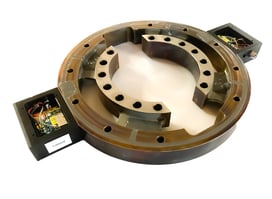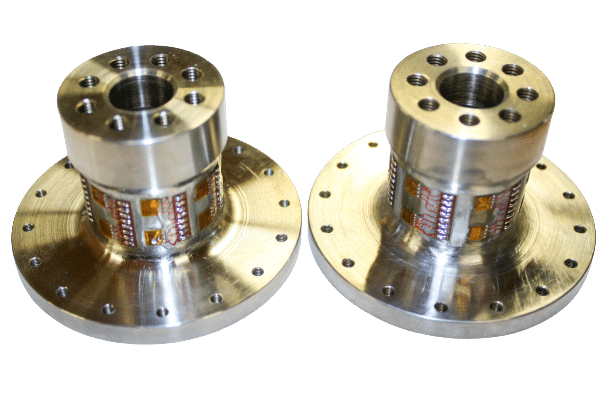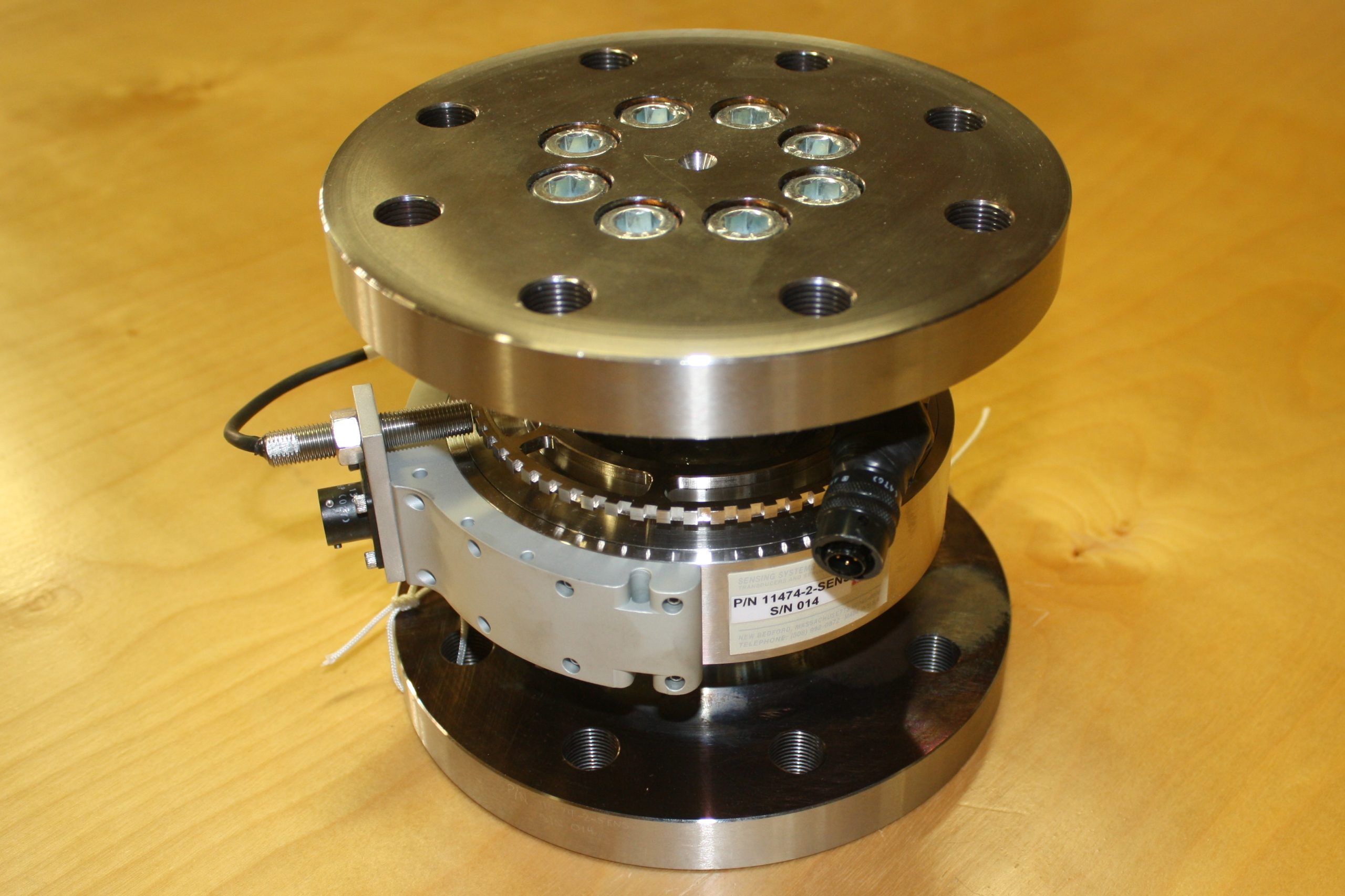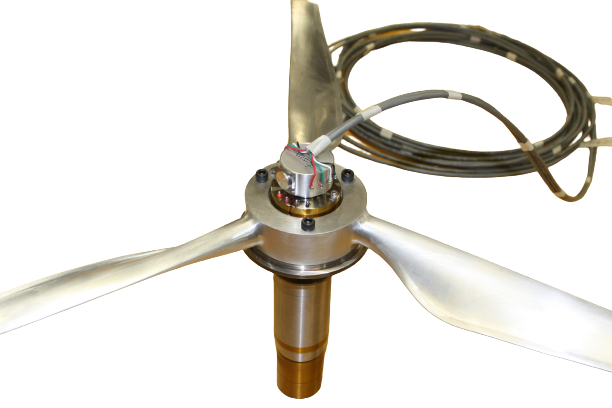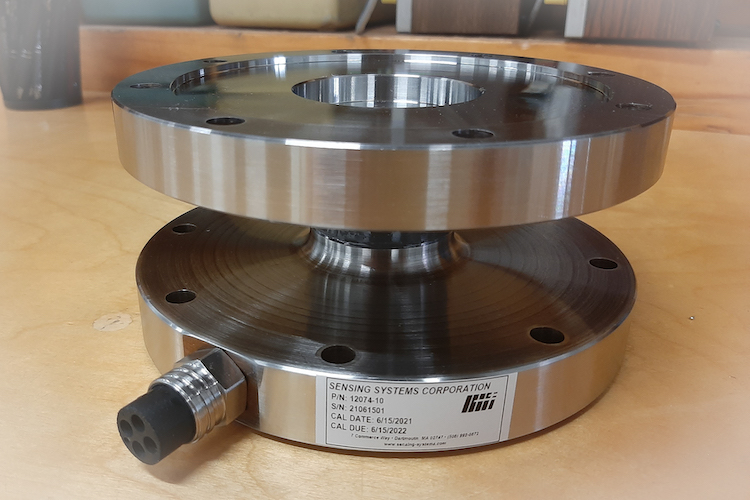Torque Sensors
Products
Torque Sensors
At Sensing Systems, we take pride in being at the forefront of torque measurement technology, offering a diverse range of solutions that cater to all your torque measurement needs. Whether you’re seeking standard off-the-shelf torque sensors or require fully customized designs, we have the expertise and manufacturing capabilities to deliver cutting-edge solutions tailored to your specifications.
Custom
Torque Sensor
Sensing Systems pioneered the “Custom Off the Shelf” concept for manufacturing non-standard or custom torque sensors.
High Capacity
Torque Sensor
Our high capacity torque sensors range from 120,000 lbs.in to 360,000 lbs.in
Rotary
Torque Sensor
Sensing Systems offers a variety of options for rotating or rotary torque sensors.
OEM
Torque Sensor
Sensing Systems manufactures torque sensors that are widely used in OEM (original equipment manufacturer) applications.
Underwater
Torque Sensor
Sensing Systems is the premier manufacturer of underwater torque sensors for all applications.
Do you have a specific need?
Sensing Systems has developed unique and innovative methods and procedures under challenging conditions and environments. If you have a unique torque sensor need, contact one of our qualified specialists! We’ll be glad to answer any questions you may have. Just give us a call or click the link below to request a quote.
Our Torque Sensors Include:
- Standard or Custom models
- Any Shape and Size
- Capacities from 1 oz.in to 360,000 lbf.in all with NIST traceable calibrations
- One unit to Hundreds of Thousands
- Delivery from Stock to One Week for Standard and “Custom Off the Shelf” Units
- Operation in Cryogenic and High Temperature Environments
- Operation in Underwater / Submersible Environments
- Operation in Hazardous Environments

